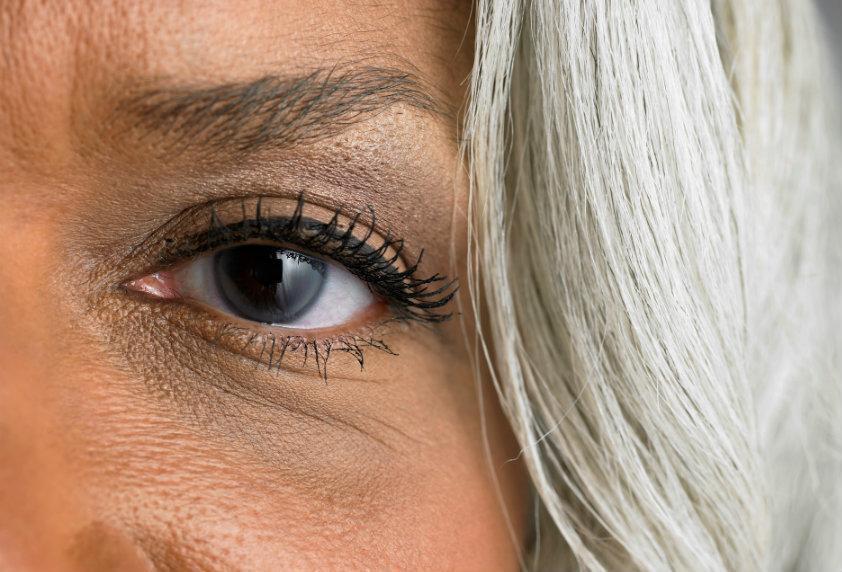It is common knowledge that as you grow older, there is a chance that you may be affected by certain age-related afflictions and ailments. Heart conditions are always a major concern, as is eating healthily to lower the risks of high blood pressure or high cholesterol. However, many individuals often fail to pay proper attention to eye care, which is unfortunate, as there are many eye conditions that may affect you as you reach middle age or older.
One such eye condition is age-related macular degeneration (AMD), which is quite often a common condition, although it can vary in degrees of seriousness. Macular degeneration occurs when the macula, which is tissue located in the central area of the eye behind the retina, begins to deteriorate, resulting in a loss of quality of vision. An extreme loss of central vision can be experienced by those afflicted with more severe cases of macular degeneration.
Symptoms of Age-Related Macular Degeneration
Many people believe that some of the common symptoms of age-related macular degeneration can simply be chalked up to deteriorating eyesight, especially if they already wear glasses or contacts for eye conditions. However, an optometrist can often provide a more specific diagnosis after hearing some of the issues, which include:
- Blurry vision when attempting to focus
- A loss in sharpness or saturation of color
- More light is needed to see
- More time needed to adjust to a sudden change in lighting conditions
- Dark areas in you central vision
- Difficulty recognizing people or objects
- Objects or people appear to be different sizes when viewed from different eyes
The symptoms above can be indicative of two types of age-related macular degeneration, although they may not be a major issue at first. The condition might also affect only one eye as well. However, conditions can worsen rapidly, which is why it is recommended that you see an optometry specialist as soon as possible if you experience any issues with your eyesight.
Are You at Risk for Age-Related Macular Degeneration?
AMD can affect anyone as they reach middle age or older, but there are some who may be at more risk than others. AMD can be passed down through heredity, and risk may also be increased if other family members have the disease. You may also be at more of a risk for developing AMD if you suffer from excessive stress, as your immune system can sometimes be compromised as a result, subsequently leading to many afflictions, including AMD. You are also at a higher risk if you smoke, have high blood pressure or high cholesterol.
If you have experienced any of the above symptoms or are simply worried about your eyesight in general and wish to receive a diagnosis, consider contacting Southwestern Eye, where their specialists have experience in all type of eye conditions, such as cataracts, near and far sightedness, glaucoma and more.
